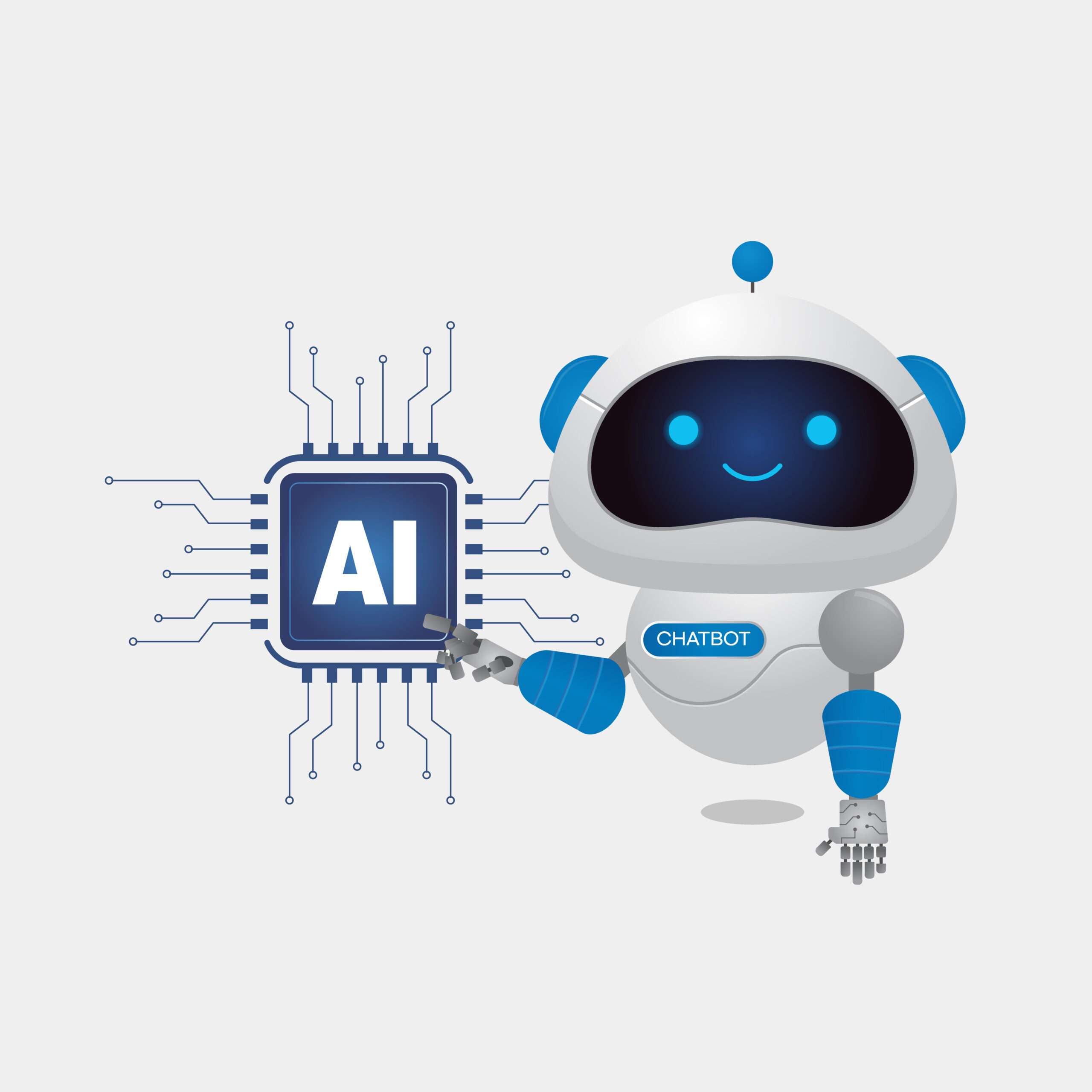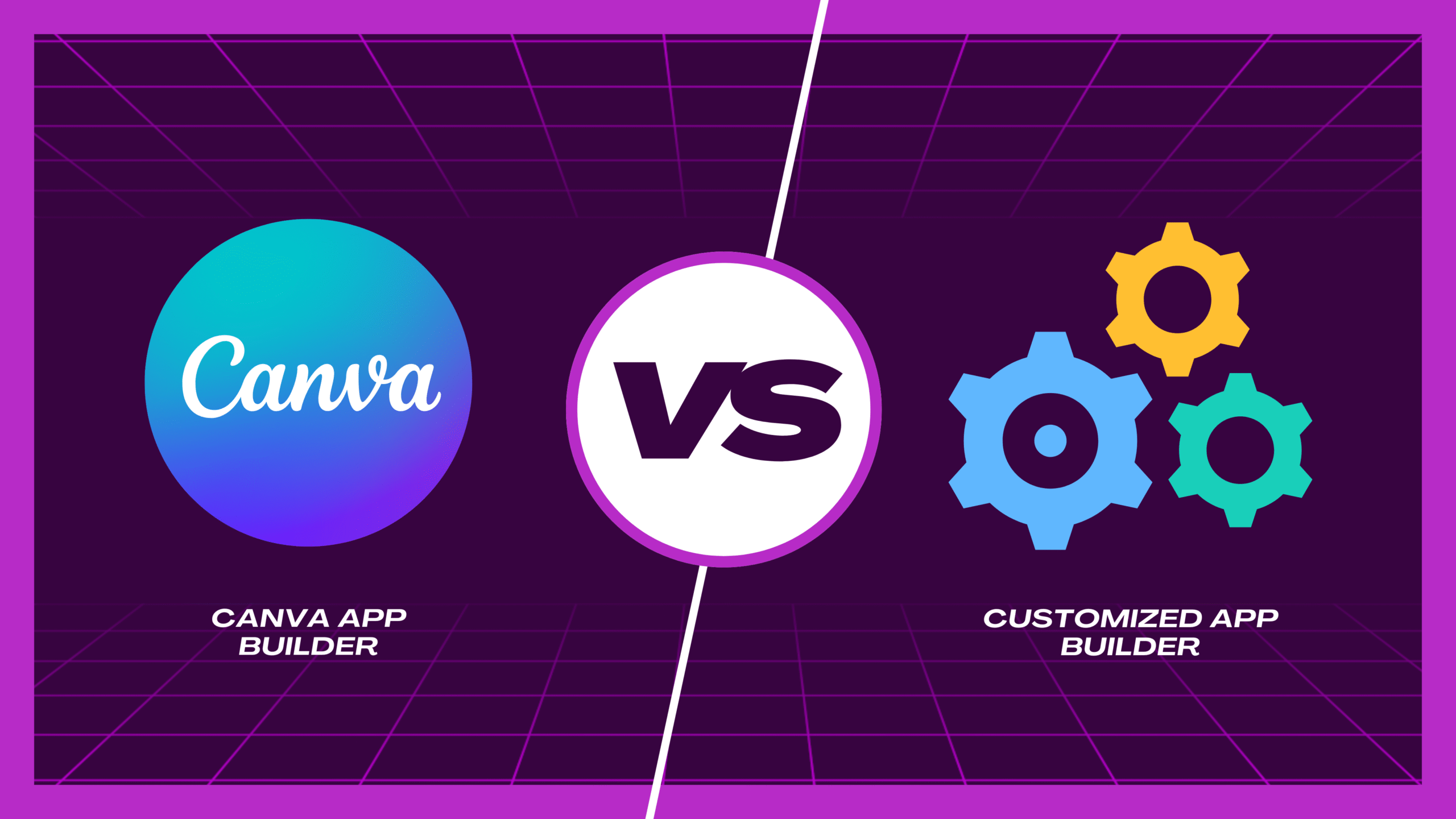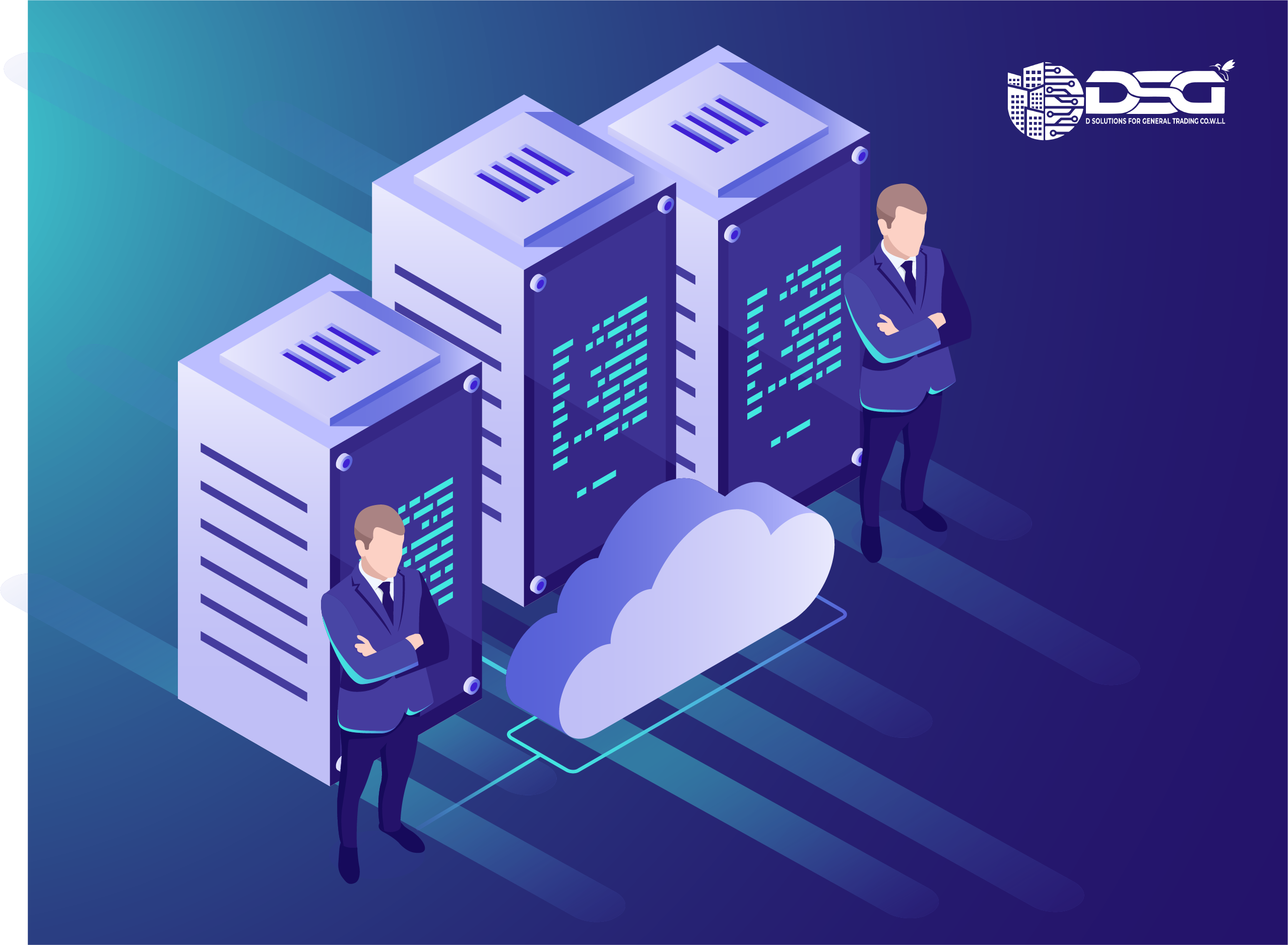Cloud computing has undergone a remarkable transformation since its inception. What began as a simple, convenient storage solution has evolved into a sophisticated, multifaceted ecosystem that integrates advanced technologies like artificial intelligence (AI). This evolution has significantly impacted how businesses operate, innovate, and compete in the digital age. Let’s explore the journey of cloud computing from its early days to its current state as an AI-driven powerhouse.
The Early Days: Simple Storage Solutions
In its early days, cloud computing primarily offered a convenient and cost-effective solution for data storage. Companies like Amazon Web Services (AWS), Google Cloud, and Microsoft Azure provided scalable storage solutions that allowed businesses to store large amounts of data without investing in expensive on-premises hardware. This shift to cloud storage offered several advantages:
- Scalability: Businesses could easily scale their storage needs up or down based on demand.
- Cost Efficiency: Companies paid only for the storage they used, reducing the need for large capital expenditures.
- Accessibility: Data stored in the cloud could be accessed from anywhere with an internet connection, facilitating remote work and collaboration.
These benefits made cloud storage an attractive option for businesses of all sizes, paving the way for more advanced cloud services.
The Growth of Cloud Services: Beyond Storage
As businesses grew more comfortable with cloud storage, cloud service providers began to expand their offerings beyond simple storage. This period marked the rise of Infrastructure as a Service (IaaS) and Platform as a Service (PaaS) solutions. These services provided businesses with virtualized computing resources over the internet, including servers, networking, and databases.
- Infrastructure as a Service (IaaS): Allowed companies to rent virtualized hardware resources, such as virtual machines and storage, providing the flexibility to run applications and manage infrastructure without physical hardware.
- Platform as a Service (PaaS): Offered a platform for developers to build, test, and deploy applications without worrying about the underlying infrastructure, enabling faster development cycles and innovation.
These advancements in cloud services enabled businesses to streamline their operations, reduce costs, and focus on core competencies, further driving the adoption of cloud computing.
The Rise of AI and Machine Learning: A New Era for Cloud Computing
The integration of AI and machine learning into cloud computing has ushered in a new era of innovation and capability. Cloud platforms now offer a range of AI-powered services that can process vast amounts of data, identify patterns, and generate insights that were previously unimaginable. This transformation has been driven by several factors:
- Big Data: The explosion of data generated by businesses, social media, and IoT devices has created a demand for powerful analytics and processing capabilities.
- Advancements in AI: Breakthroughs in AI algorithms and machine learning models have enabled more accurate predictions, recommendations, and automation.
- Cloud Infrastructure: The scalability and computational power of cloud infrastructure have made it possible to train and deploy complex AI models efficiently.
Leading cloud service providers like AWS, Google Cloud, and Microsoft Azure now offer a wide array of AI services, including natural language processing (NLP), image and speech recognition, predictive analytics, and more. These services are accessible through APIs and integrated into various applications, democratizing AI and making it accessible to businesses of all sizes.
AI-Driven Platforms: Transforming Industries
The integration of AI into cloud platforms is transforming industries in profound ways. Here are a few examples:
- Healthcare: AI-driven cloud platforms are enabling advancements in diagnostics, personalized medicine, and predictive analytics. For instance, machine learning models can analyze medical images to detect diseases at an early stage, while predictive analytics can help in managing patient care and hospital resources.
- Finance: In the finance industry, AI-powered cloud services are used for fraud detection, algorithmic trading, and risk management. AI models can analyze transaction data in real time to identify suspicious activities and prevent fraud.
- Retail: Retailers are leveraging AI-driven cloud platforms for personalized marketing, inventory management, and customer service. AI algorithms can analyze customer data to provide personalized product recommendations, optimize supply chain operations, and enhance the overall shopping experience.
- Manufacturing: In manufacturing, AI integration in the cloud is driving advancements in predictive maintenance, quality control, and supply chain optimization. Machine learning models can predict equipment failures before they occur, ensuring minimal downtime and operational efficiency.
The Future of Cloud Computing and AI Integration
The future of cloud computing lies in the deepening integration of AI and other emerging technologies like edge computing, blockchain, and the Internet of Things (IoT). As AI algorithms become more sophisticated and data volumes continue to grow, cloud platforms will play an increasingly critical role in processing and analyzing data in real time.
- Edge Computing: By bringing computation closer to the data source, edge computing will complement cloud computing, enabling faster processing and lower latency for AI applications.
- Blockchain: Integration with blockchain technology will enhance security and transparency in cloud-based AI systems, particularly in areas like supply chain management and digital identity verification.
- IoT: The proliferation of IoT devices will generate vast amounts of data that can be processed and analyzed using AI-powered cloud platforms, driving innovations in smart cities, autonomous vehicles, and industrial automation.
Conclusion
The evolution of cloud computing from simple storage solutions to AI-driven platforms has been a game changer for businesses and industries worldwide. By harnessing the power of AI, cloud computing has unlocked new levels of efficiency, innovation, and insight. As we look to the future, the continued integration of AI and other advanced technologies will further transform the cloud landscape, shaping the way we live, work, and interact with the world.







